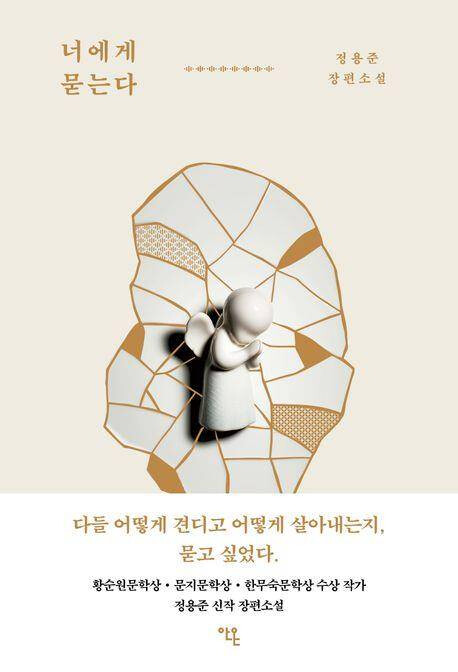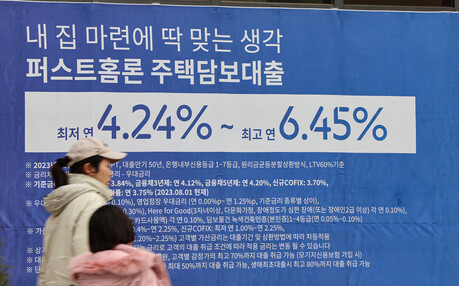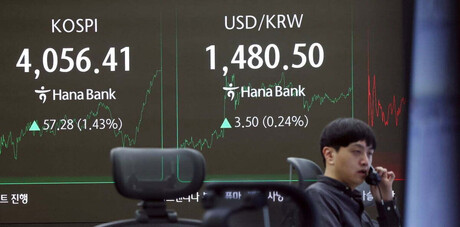
Seoul, South Korea – Acclaimed South Korean author Jung Yong-jun has released his latest full-length novel, "I Ask You" (너에게 묻는다), a compelling work that unflinchingly confronts the persistent issue of child abuse and the perceived leniency of the legal system. The novel delves into the profound question of whether society can truly become a better place when severe crimes against children often go unpunished or receive insufficient penalties.
Jung Yong-jun, who debuted in 2009 through "Hyundae Munhak" and teaches at the Seoul Institute of the Arts, is known for his sharp and powerful prose that often explores profound thoughts on language and human experience. His previous works include the novels "Babel" and "From Tonio," and he has received numerous literary accolades, including the Young Writers' Award, Hwang Sun-won Literary Award, and Munji Literary Award.
"I Ask You" centers on Yoo Hee-jin, a writer for the investigative TV program 'In Pursuit of Truth,' which gains significant attention for its coverage of child abuse cases. Despite the public outcry ignited by harrowing stories — from fathers force-feeding bleach to daughters, to mothers coercing young siblings into violence, or parents brutally beating children to death — public interest often wanes quickly. This fleeting attention frequently leads to perpetrators being released on parole, returning to the vicinity of their victims.
Hee-jin discovers a disturbing pattern of child abuse perpetrators disappearing after their release. This leads her to Kim Min-soo, an activist from a child abuse prevention organization, who previously assaulted one of the now-missing offenders, Pastor Ahn In-soo. Seeking Min-soo’s whereabouts, Hee-jin contacts Jang Sun-ki, a fellow activist. Sun-ki provocatively questions Hee-jin: "If someone privately punishes offenders, is that wrong? The punishment was too weak compared to the crime. The sentences were too light. Sometimes they didn't even pay for their sins due to non-indictment or non-detention. In such cases, if someone fills that void, or if the victim directly fills it, is that wrong?"
Through this provocative dialogue, Jung Yong-jun highlights the deep-seated frustration with a justice system that often fails to deliver adequate retribution for horrific acts of child abuse. The novel challenges readers to ponder how to change a reality where innocent children are perpetually subjected to violence, extending to a broader philosophical inquiry: "Can the world truly be made a better place?"
The narrative also vividly portrays the devastating, lifelong scars inflicted by child abuse. Hee-jin observes that "the cruelest person is not a stranger, but the closest person who knows and can see through you." This intimacy, she notes, reveals vulnerabilities that abusers exploit. The author critiques the common excuses made by abusers, such as claiming "love" or "discipline," exemplified by Pastor Ahn In-soo, who justifies his actions by likening himself to a potter with absolute power over his clay.
In his "Author's Note," Jung Yong-jun asserts, "It's strange that all wars are fought in the name of justice, and all violence in the name of love. I'm tired of hearing 'because I loved them.'" This statement encapsulates the novel's poignant message, urging readers to critically examine the justifications for violence and to seek more profound solutions to societal ills. "I Ask You" is a powerful and timely call for reflection on justice, empathy, and the collective responsibility to protect the most vulnerable.
[Copyright (c) Global Economic Times. All Rights Reserved.]




























